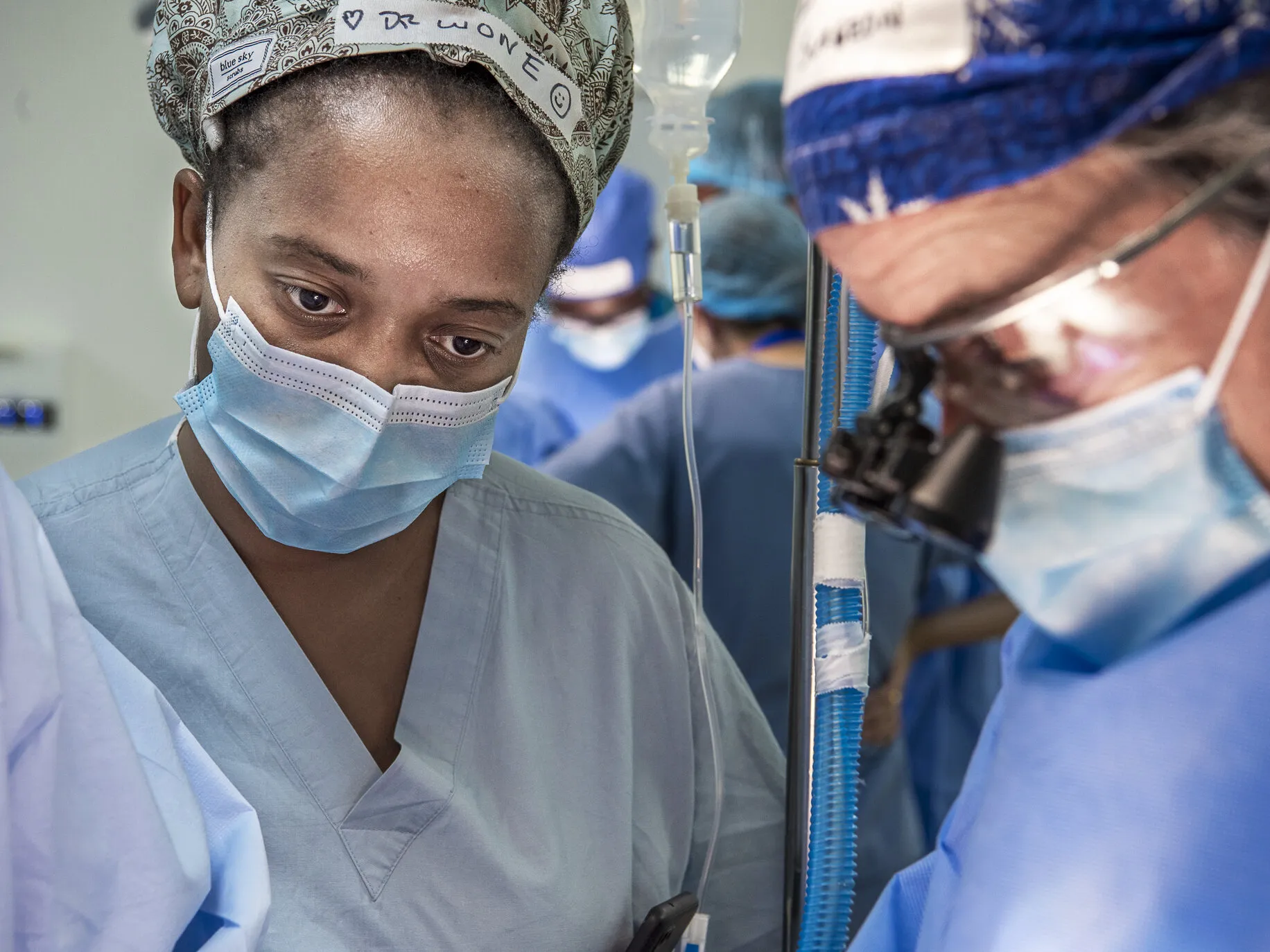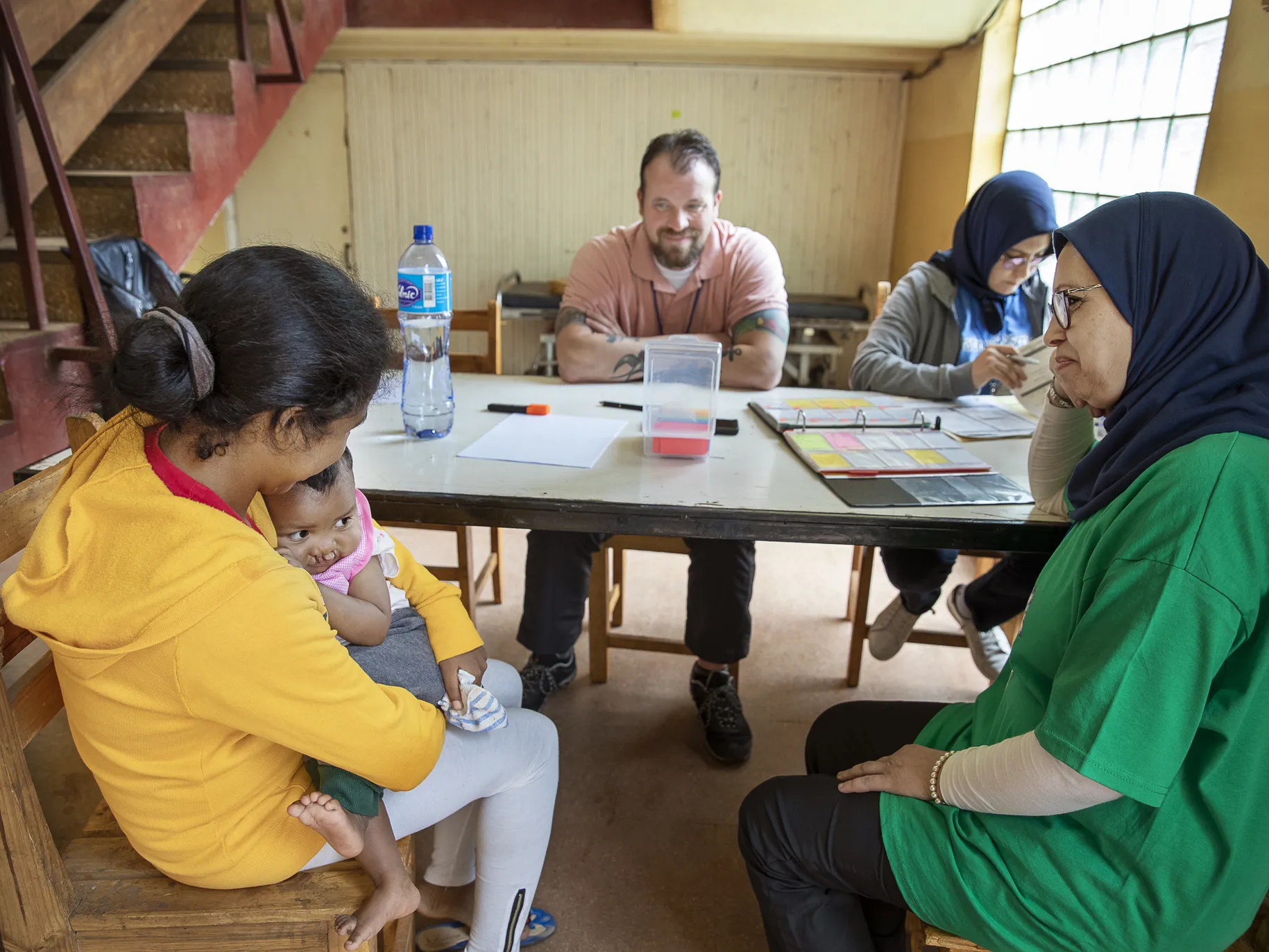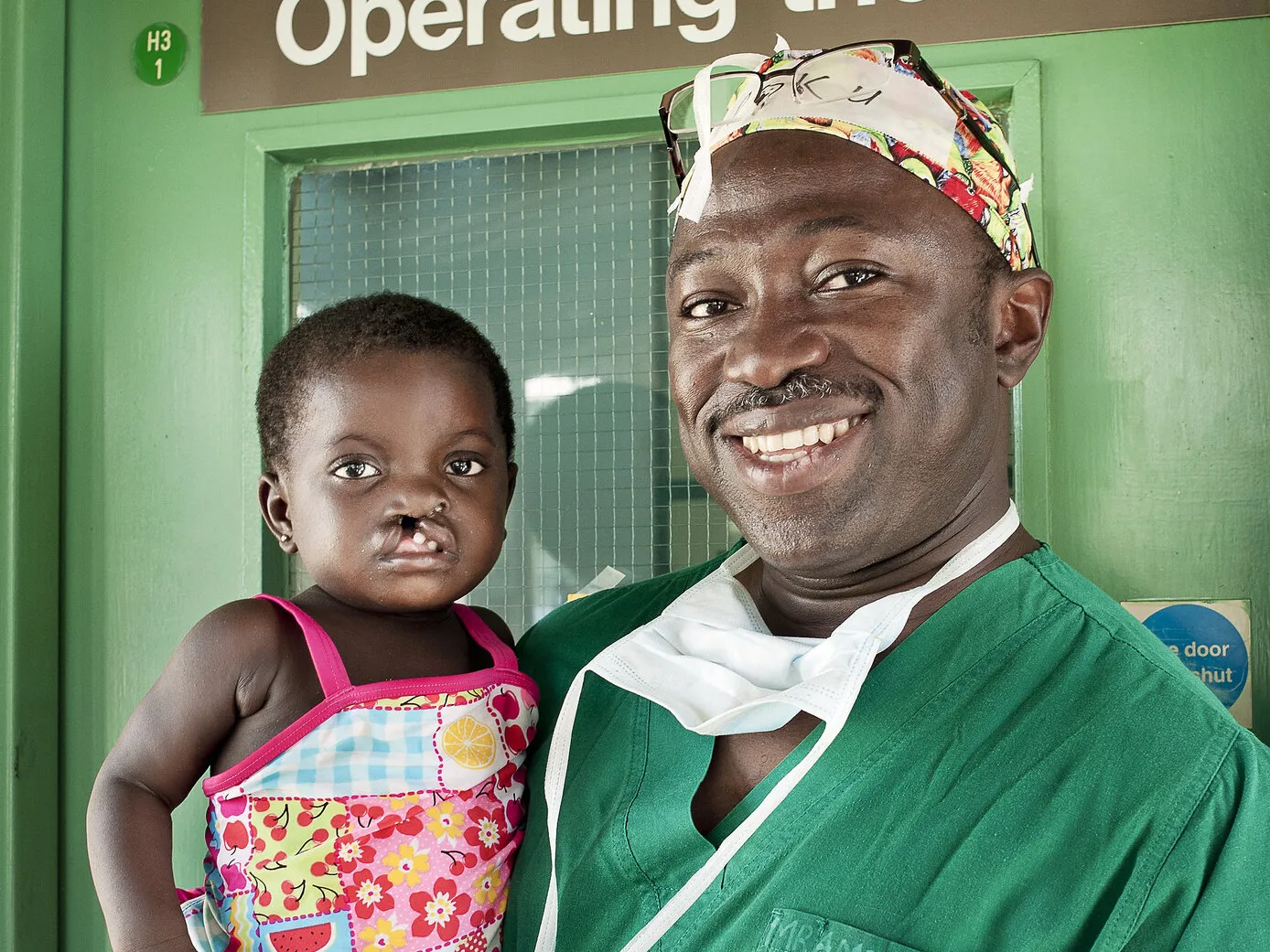Care Providers
Improving Patient Safety in Vietnam
Vietnam’s Ministry of Health and Operation Smile are collaborating to improve the country’s standards of surgical care.
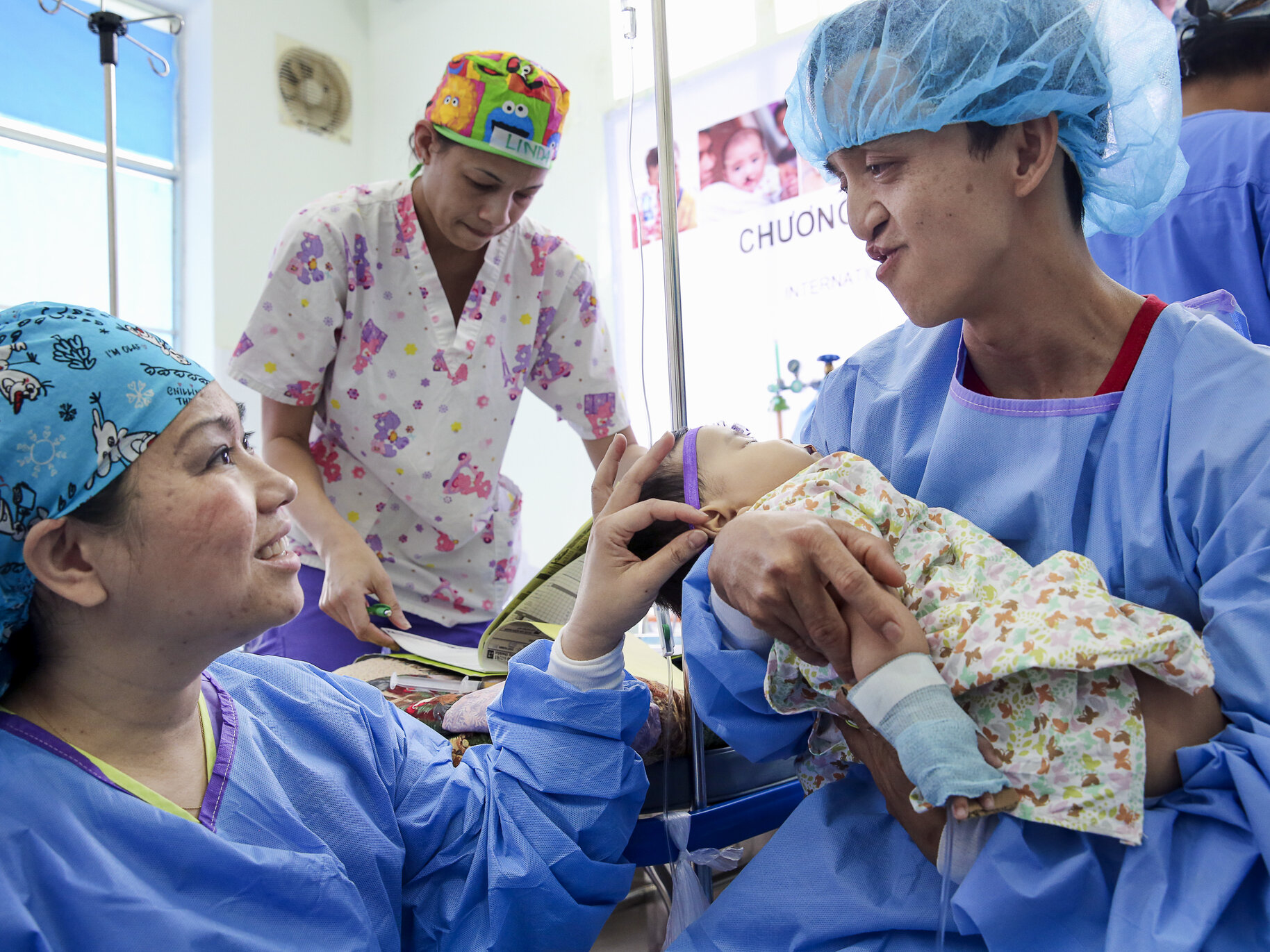
With more than 20 years of experience working in Vietnam, few people from outside of the country know the intricacies of its health system better than Dr. Catherine deVries.
A renowned urologist who founded both IVUmed, a nonprofit organization dedicated to teaching urology in low- and middle-income countries, and the University of Utah Center for Global Surgery, deVries has dedicated much of her career to strengthening health systems in areas of need – a value she shares with Operation Smile.
So, when Dr. Ruben Ayala, Operation Smile’s senior vice president of medical affairs, approached deVries to help Operation Smile work with Vietnam’s Ministry of Health to improve its national surgical standards – an effort known as the Vietnam Safe Surgery Initiative – she immediately recognized the potential of this unique opportunity.
“Collaboration is a mark of strength – to open up and share insight – not everyone is willing to do that,” said deVries, a founding member of the Global Alliance for Surgical, Obstetric, Trauma and Anesthesia Care (The G4 Alliance) and its secretary of the Permanent Council. Ayala is also a founding member of The G4 Alliance and its vice president of the Permanent Council.
Demonstrating its ongoing commitment to strengthening its country’s health system, Vietnam’s Ministry of Health has taken a leading role in advancing access to safe surgery and improving patient safety globally. Continuing a partnership spanning more than 25 years, the ministry entrusted Operation Smile to conduct an audit of the country’s standards of surgical care in the spring of 2016.
The ministry sought to draw from the expertise Operation Smile has built through more than three decades of conducting ongoing surgical programs, which established the organization as a global leader in delivering safe surgery in resource-limited environments.
The organization’s rigorous guidelines are outlined in its Global Standards of Care*, which ensure world-class levels of patient safety no matter where the surgery is being performed.
The initiative is also another chapter in the special relationship between Operation Smile and Vietnam: Operation Smile was the first United States-based humanitarian organization allowed to enter the country following the Vietnam War.
The audit was designed to help the ministry reach a consensus on how to improve standards of surgical care throughout Vietnam; and its findings were shared with its initiative partners from The G4 Alliance, GE Foundation’s Safe Surgery 2020, Harvard’s Program in Global Surgery and Social Change, University of Southern California, Lifebox and E-Da Hospital Department of Plastic Surgery.
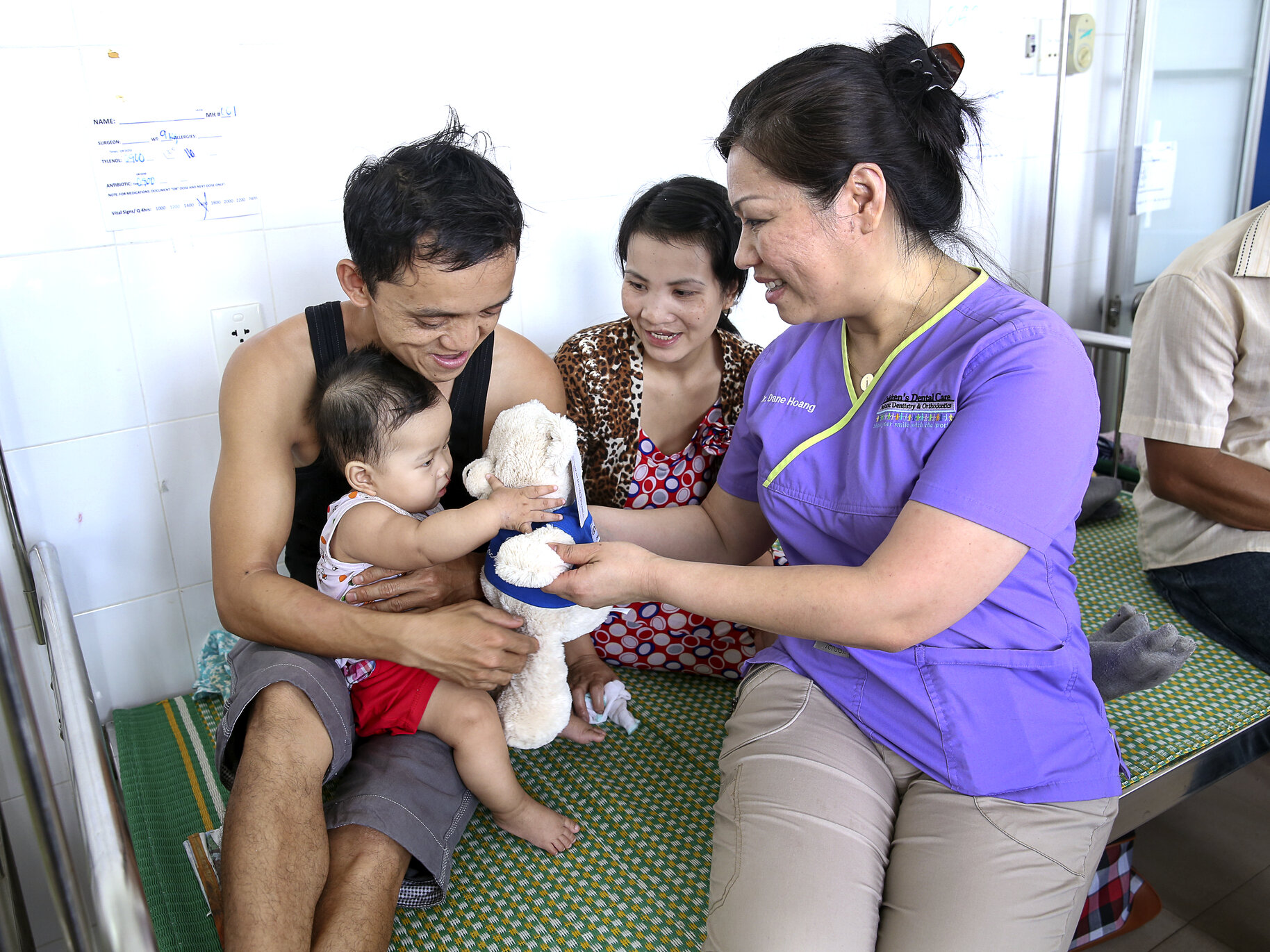
“This initiative is an aspect of that kind of surgical leadership and the modeling we should be doing when we travel – that we are modeling mindfulness,” deVries said. “This kind of modeling transforms people’s lives. The impact is visibly there and will continue on to the next generation. You can see it in action every day.”
Based on the World Health Organization’s Safe Surgery Guidelines, Operation Smile has recommended a national demonstration project at a local hospital to tailor these guidelines to Vietnam’s specific needs.
The partnership will be the first implementation of a major health initiative by Operation Smile on a national level. According to deVries, the Vietnam Safe Surgery Initiative is a prime example of how collaboration between nongovernmental organizations and ministries of health can improve health systems in low- and middle-income countries.
“I felt very comfortable to collaborate with Operation Smile and Vietnam because both sides have the right intentions and have integrity,” said deVries. “It’s because of that I am happy to add value to the initiative any way I can.”





